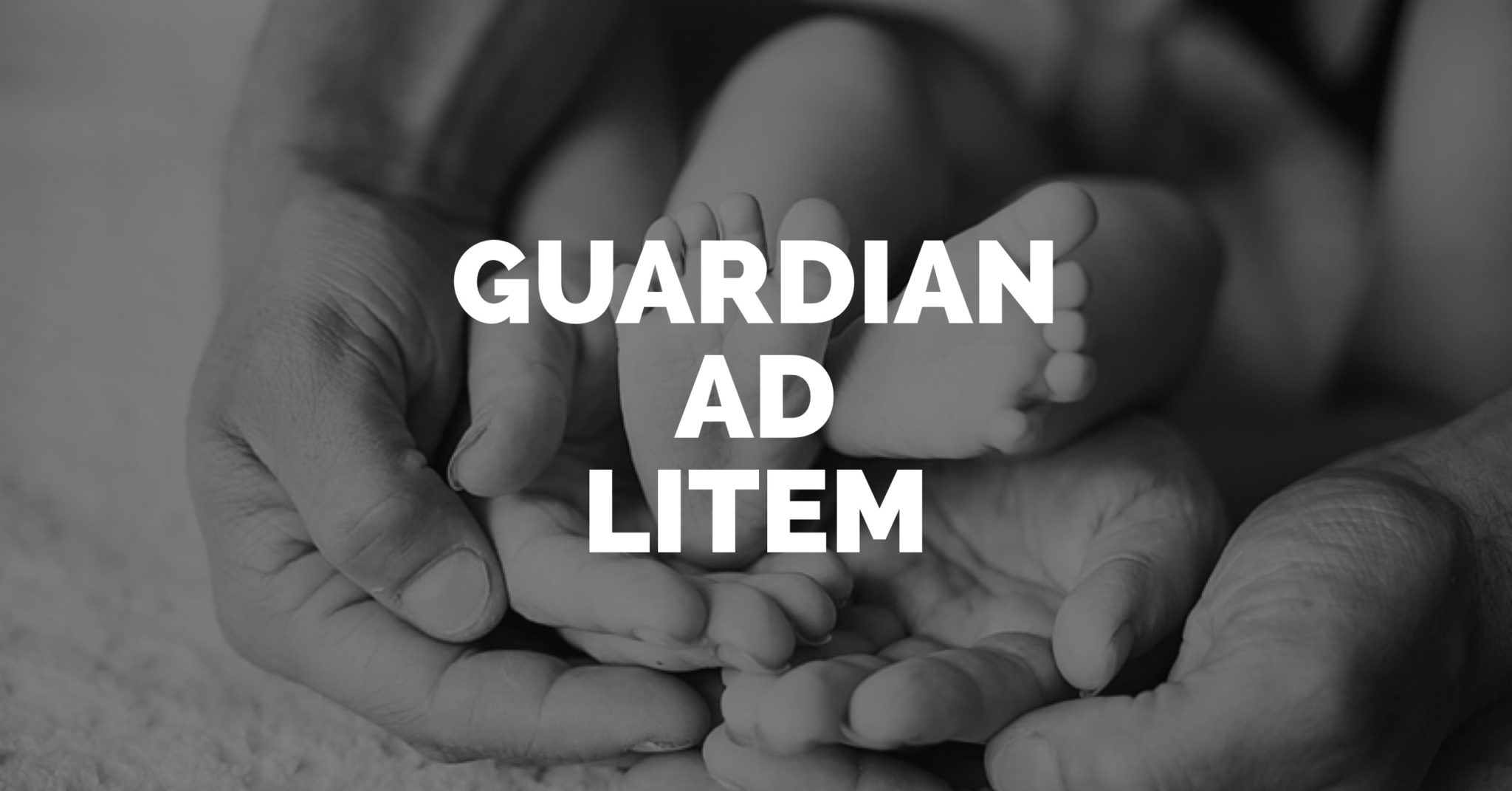
For parents who are dissatisfied with a Guardian Ad Litem’s findings, the court limits their options to disqualify them.
A guardian ad litem (GAL) is a court-appointed investigator who is chosen to investigate what is in a child’s best interests in Florida child custody proceedings. As such, parents may be on the “wrong” side of a GAL’s findings and recommendations made to the court. In other words, the best interests of the child may not necessarily be in a particular parent’s best interests.
When such a circumstance arises, parents may wonder whether a GAL may be disqualified. Here is what Florida case law has to say on the issue.
Disqualification of a Guardian Ad Litem
Case law in Florida is fairly sparse when it comes to GAL disqualification, and there is good reason for this. Embracing a casual atmosphere that invites regular disqualification of a GAL would be a disaster for Florida family law courts. If it were easy to remove a GAL from their court-appointed role, unhappy litigants would likely seek to have them disqualified on a regular basis. As such, the courts would be inundated with these requests.
That said, there is a legal basis for the disqualification of a GAL, as the case of O’Neill v. O’Neill, 812 So. 2d 448 (Fla. 5th DCA 2002) highlights. In this case, a father appealed a court order that denied his motion to disqualify a GAL. The court noted the case had been highly contentious, but also noted that Mr. O’Neill and Ms. O’Neill had, through counsel, ultimately acquiesced to having a GAL appointed for their children.
Four months after the GAL both parties agreed to was appointed, Mr. O’Neill filed a motion seeking to have her disqualified. The father’s claim was based on the GAL’s alleged bias toward Ms. O’Neill. The trial court held that, to disqualify an agreed-upon guardian, the facts “must be egregious, and the burden heavy.” To do otherwise, would give unhappy parents the incentive to seek the GAL’s removal after an unfavorable report.
The trial court also noted that the weight of the evidence in the case did not demonstrate any bias or prejudice by the GAL when she made her determination. As such, the motion to disqualify the GAL was not justified. The appellate court found that the trial court’s finding that the father did not establish the bias or prejudice alleged was supported by the evidence, and the denial of Mr. O’Neill’s motion was affirmed as a result.
The takeaway of this case is that, unless there is egregious bias that is supported by evidence, a court will not disqualify a GAL.
If you have questions regarding Guardian Ad Litems, or are unaware as to the terms and conditions in, talk to, and retain, a family law attorney who can help. Contact Damien McKinney of The McKinney Law Group to discuss your case further. He can be reached by phone at 813-428-3400 or by e-mail at [email protected]

